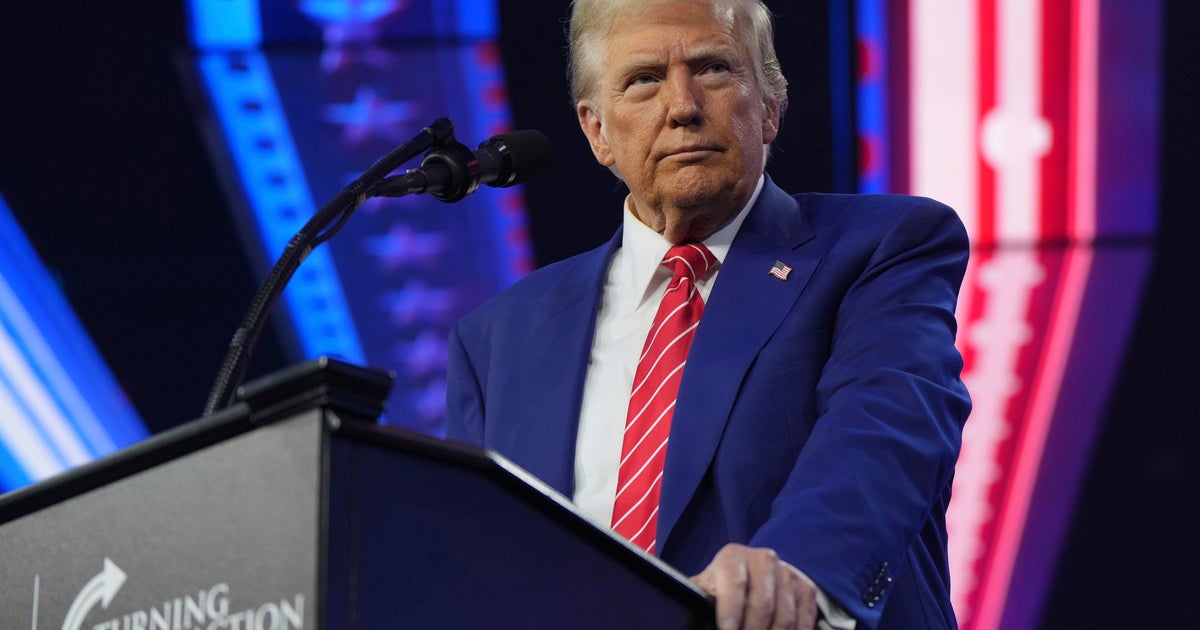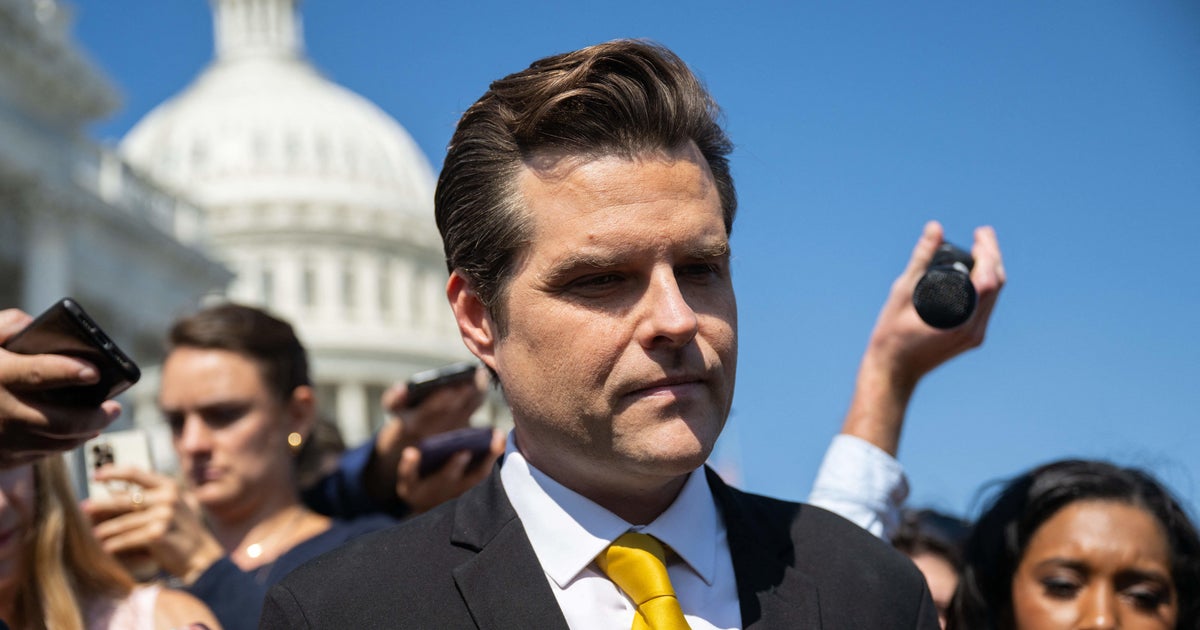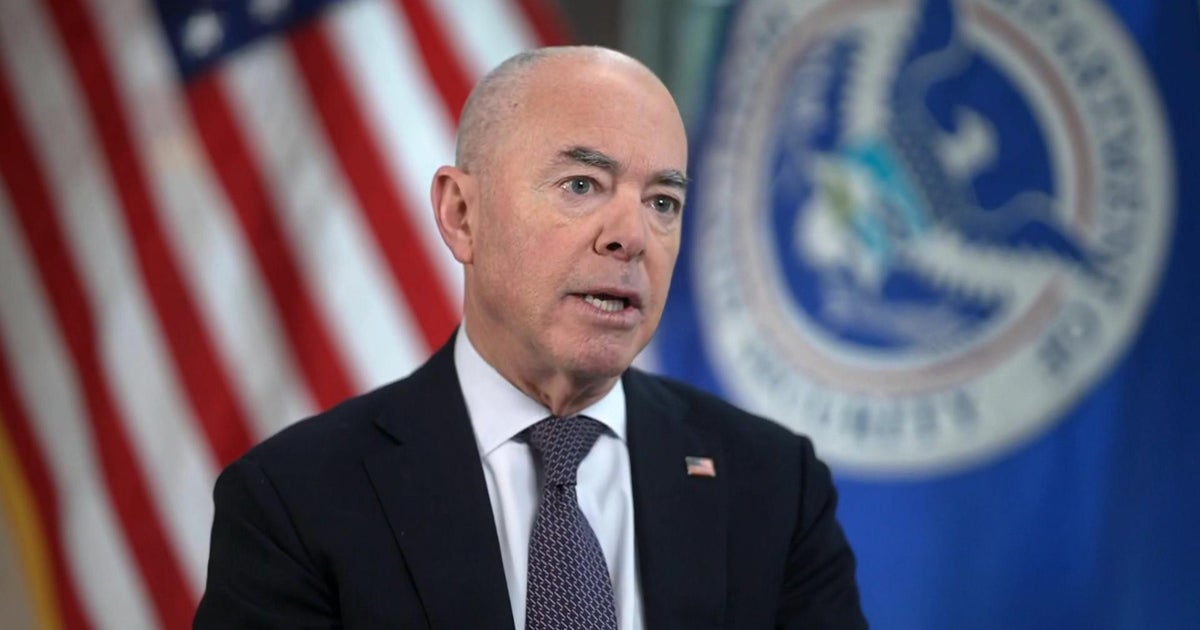HUD Secretary Ben Carson says poverty is about a "state of mind"
Secretary of Housing and Urban Development Ben Carson said in a radio interview airing Wednesday that a mindset parents hand down to their children contributes to poverty.
"I think poverty to a large extent is also a state of mind," Carson said in a SiriusXM radio interview with Armstrong Williams, a top adviser to Carson's 2016 presidential campaign. "You take somebody that has the right mindset, you can take everything from them and put them on the street, and I guarantee in a little while they'll be right back up there."
"And you take somebody with the wrong mindset, you can give them everything in the world, they'll work their way right back down to the bottom," the neurosurgeon continued.
The former GOP contender also referred to a "poverty of the spirit" and a "wrong mindset" that can develop from inadequate parenting and a negative environment.
"I think the majority of people don't have that defeatist attitude, but they sometimes just don't see the way, and that's where government can come in and be very helpful," Carson said. "It can provide the ladder of opportunity, it can provide the mechanism that will demonstrate to them what can be done."
Carson himself grew up in poverty in inner-city Detroit. He worked hard, and went on to graduate from Yale University and the University of Michigan. Carson has indicated he will focus on not just reforming HUD policies, but addressing social issues as well.
Carson is no stranger to controversial remarks. In March, he called African-American slaves "immigrants," and he in 2013 called Obamacare the "worst thing that has happened in this nation since slavery."
Carson, confirmed March 2, walked into an agency with a financial nightmare. The department is working to fix billions in bookkeeping errors that have kept it from receiving an audit opinion for years, according to HUD's Office of Inspector General. At the same time, President Trump's proposed 2018 budget slashes the department's funding by about $8 billion.



